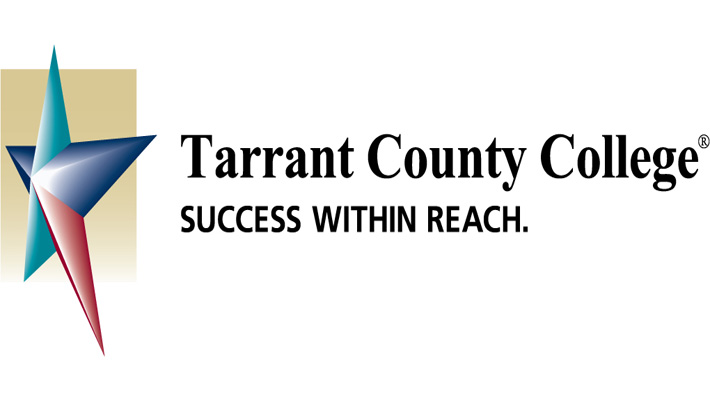By Jamil Oakford/ editor-in-chief
TCC’s board of trustees approved to expand communication among faculty, expand revenue with local businesses and represent the college as the chancellor’s goals at the Nov. 17 meeting.
Board member Teresa Ayala read the goals the board agreed Chancellor Eugene Giovannini should pursue.
“The chancellor should expand the quality of communication to faculty and staff,” Ayala said.
The chancellor was also charged with working on developing proposals or plans from local businesses to enhance revenue.
“He should engage stakeholders … to ensure access to the college for students continues,” she said.
Giovannini will also be expected to “efficiently represent” TCC to the local, state, national and international communities and maintain or increase the college’s rating in the surrounding workforce.
These goals were discussed and worked on since Giovannini came to TCC, and he was happy with the outcome.
“It’s part of the process of coming on board,” he said. “The chancellor’s goals are a set of more personal goals.”
He said this list of expectations go hand in hand with some of the preliminary work he’s begun in the community surrounding TCC, and he believes this will benefit more than his expectations.
“These are goals to enhance and serve the district as a whole,” he said.
In other business, the board also heard a presentation on dual credit from Rosemary Reynolds, institutional intelligence and research executive director.
The presentation noted dual credit’s unprecedented growth in enrollment. In 2010, dual credit reported approximately 3,700 students. Six years later, dual credit reported over 7,000 students enrolled.
“We’ve more than doubled in the last five years,” Reynolds said.
Dual credit also increases a student’s likelihood to graduate with an associate degree within three years by more than half, Reynolds said.
Former dual credit students graduated in three years at a rate of 18 percent versus non-dual credit students who sat at 7 percent.
“This might be the most compelling data we have,” Reynolds said.
While dual credit is on par with Hispanic demographics and performing well with white students, fewer black students are enrolled in dual credit than are enrolled as regular college students at TCC.
Board member Gwendolyn Morrison wants to see that improve.
“I think TCC should do more of its own recruiting within the schools instead of relying on school counselors,” she said. “Participation rates have a lot to do with the cultures of the schools.”
A NW presentation highlighted the annual Landmarks of Social Memory course history professor Laura Wood and sociology professor Jason Clark Miller teach.
In 2004, Wood said she was teaching history during the second Gulf War.
“I was frustrated,” she said. “Our students weren’t really paying attention to the wars in Afghanistan and Iraq.”
So Wood wanted to make the war more tangible for students. She organized local field trips to monuments around the city to help engage her students. This activity grew to traveling to look at war memorials and monuments through the South. And now the course takes students through Georgia, Alabama, Mississippi and Washington, D.C.
After a closed session, the board also approved the chancellor to begin negotiations on acquiring or purchasing land in the vicinity of TR and TRE campuses and the Alliance corridor.

